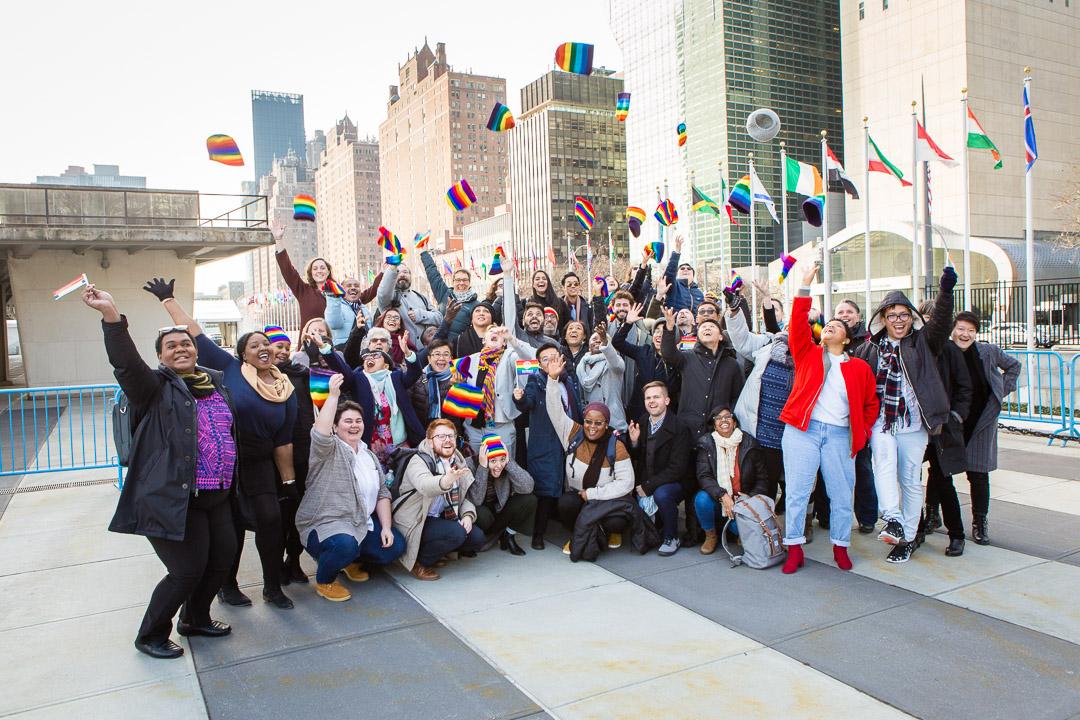
Report
Manual For Practicing Counselors
TOPIC(s)
Author(s)
Publish Date
May 1, 2018
Share
This manual assists counselors to engage with lesbian, bisexual and trans women whose families, extended families and/or loved ones are being/have been violent to them.
There is a perceived need for counselors, befrienders, social workers and psychologists in Sri Lanka to work more effectively on issues of violence with individuals who may not identify as heterosexual and whose gender identity may not correspond to the gender assigned at birth. In producing this manual, we are trying to attend to this need. Our understanding of this issue is weighted toward addressing what the practice of counseling mainstreams in training and knowledge on issues of gender and sexuality. Counseling in Sri Lanka cannot ignore gender and sexuality. In fact, some of the most common issues counselors and their clients face are related to gender and sexuality. However, there is an observable lack of conscious attention paid to gender and sexuality as core identity concerns in the development and implementation of counselor training.
We approach this issue by identifying that more needs to be done in counseling to address the needs of LBT women. We see this perceived deficit as a systemic issue, which cannot simply be solved by “adding” skills for working with LBT people to existing repertoires. Our approach differs greatly from encouraging counselors to develop additional counseling skills to work with a special and “different” subset of people. LBT women are sometimes perceived as if they solely exist as the virtual embodiment, sign and symbol of gender and sexuality. Of course, heterosexuality, patriarchy and gender conformity influence our experience unequally, meaning that LBT women have specific experiences to negotiate, including violence, discrimination and exclusion.

Explore News and Commentaries
We share news, cultural media and advocacy of partners, activists and experts through the lens of LGBTIQ people working on international human rights.
Read Our Insights